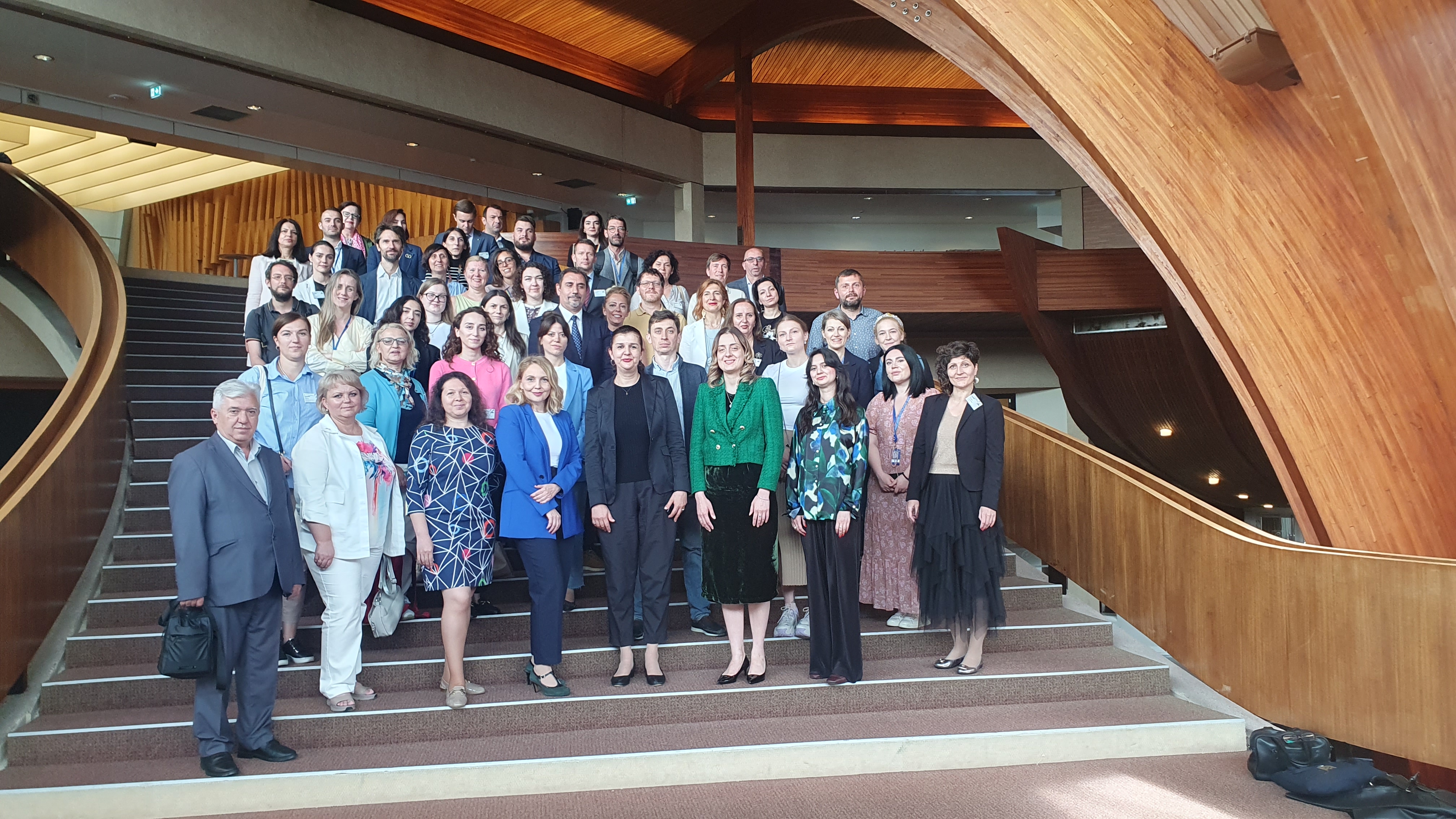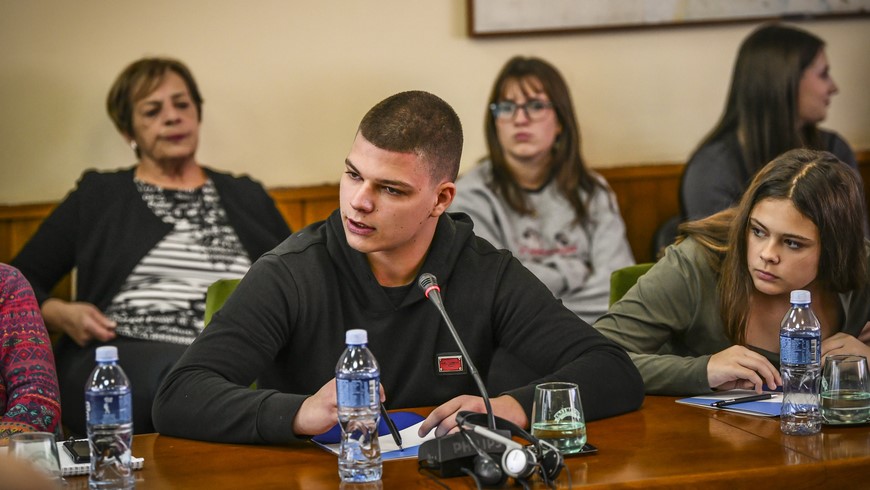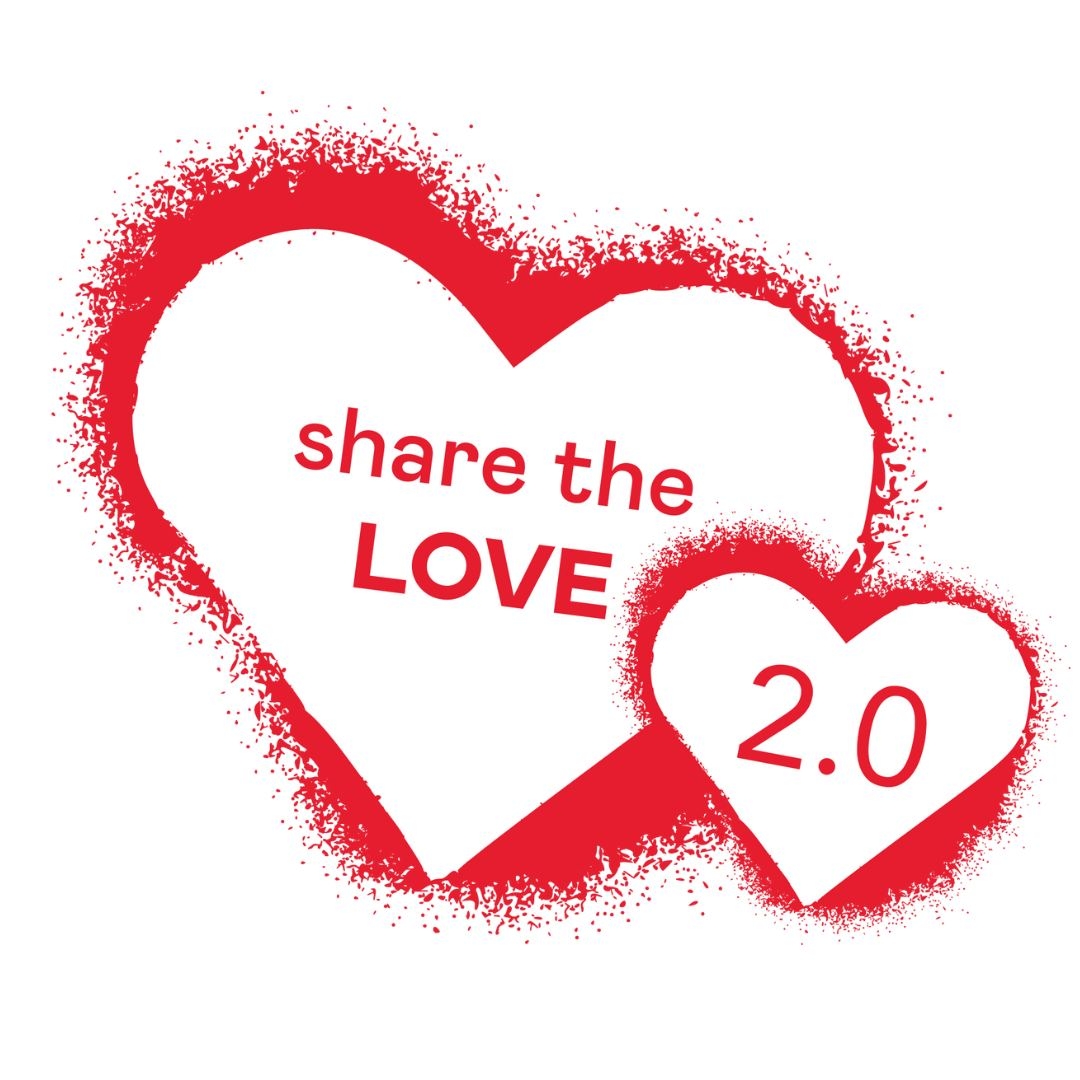The Council of Europe in Strasbourg welcomed during 3-4 July a two-day conference, focusing on tackling racism and racial discrimination in the context of the EU accession process. The conference, supported by EU and Council of Europe titled "Addressing racism and racial discrimination in the context of the EU accession process: state of play and tools available for the Western Balkans and Eastern Partnership region", brought together experts, policymakers, and practitioners from the Western Balkans and Eastern Partnership region who discussed a joint approach in addressing racism and discrimination in their respective regions.
The conference was opened by Thorsten Afflerbach - Head of the Inclusion and Anti-discrimination Division of the Council of Europe, and Katerina Markovova - Head of the Programming Division of the Council of Europe, who stressed for the participants the importance of this meeting, serving as a platform for exchanging updates and good practices among key-stakeholders, with a special focus on the current state of play in addressing racism within the Western Balkans and Eastern Partnership regions.
Elise Lassus, Project Officer at the EU Fundamental Rights Agency, introduced the EU legal and policy frameworks on racism and racial discrimination in policing, and provided for the participants an overview of the functioning of oversight bodies within the EU Member States.
Participants engaged in a fruitful discussion regarding the preparations undertaken by EU Member States and their neighbouring countries for the implementation of National Action Plans against Racism (NAPARs) at the national level. Additionally, the exchanges explored the development of educational tools to combat hatred and racism, as well as the resources provided by the EU and the Council of Europe for legal professionals. Furthermore, representatives had the opportunity to gain valuable insights from both academic experts and representatives of civil society organizations (CSOs), including the European Network Against Racism (ENAR).
This two-day event empowered aspiring EU members with shared knowledge, collaborative strategies, and practical tools to curb racism and racial discrimination within their communities.
This event was organised within the action “Promoting equality and combating racism and intolerance in the Western Balkans” and the project “Promoting equality and non-discrimination: towards more resilient and inclusive societies” – co-funded by the European Union and the Council of Europe, and implemented by the Council of Europe under the joint programmes “Horizontal Facility for the Western Balkans and Türkiye” and “Partnership for Good Governance”.




